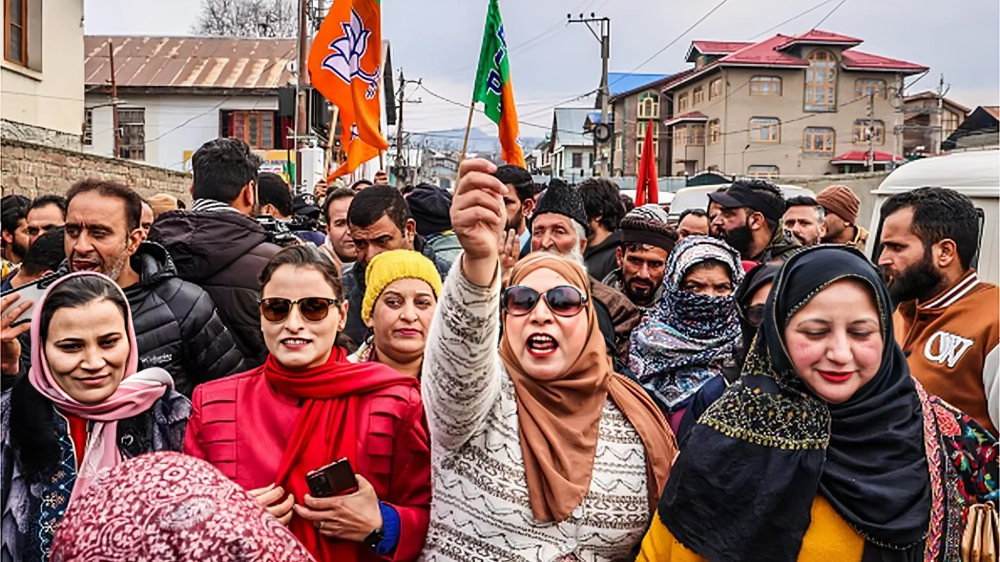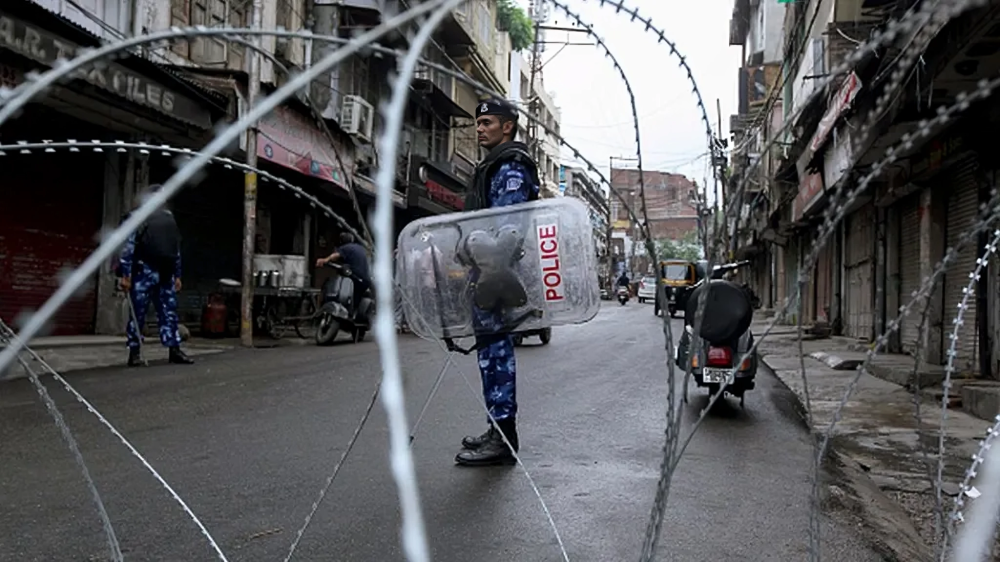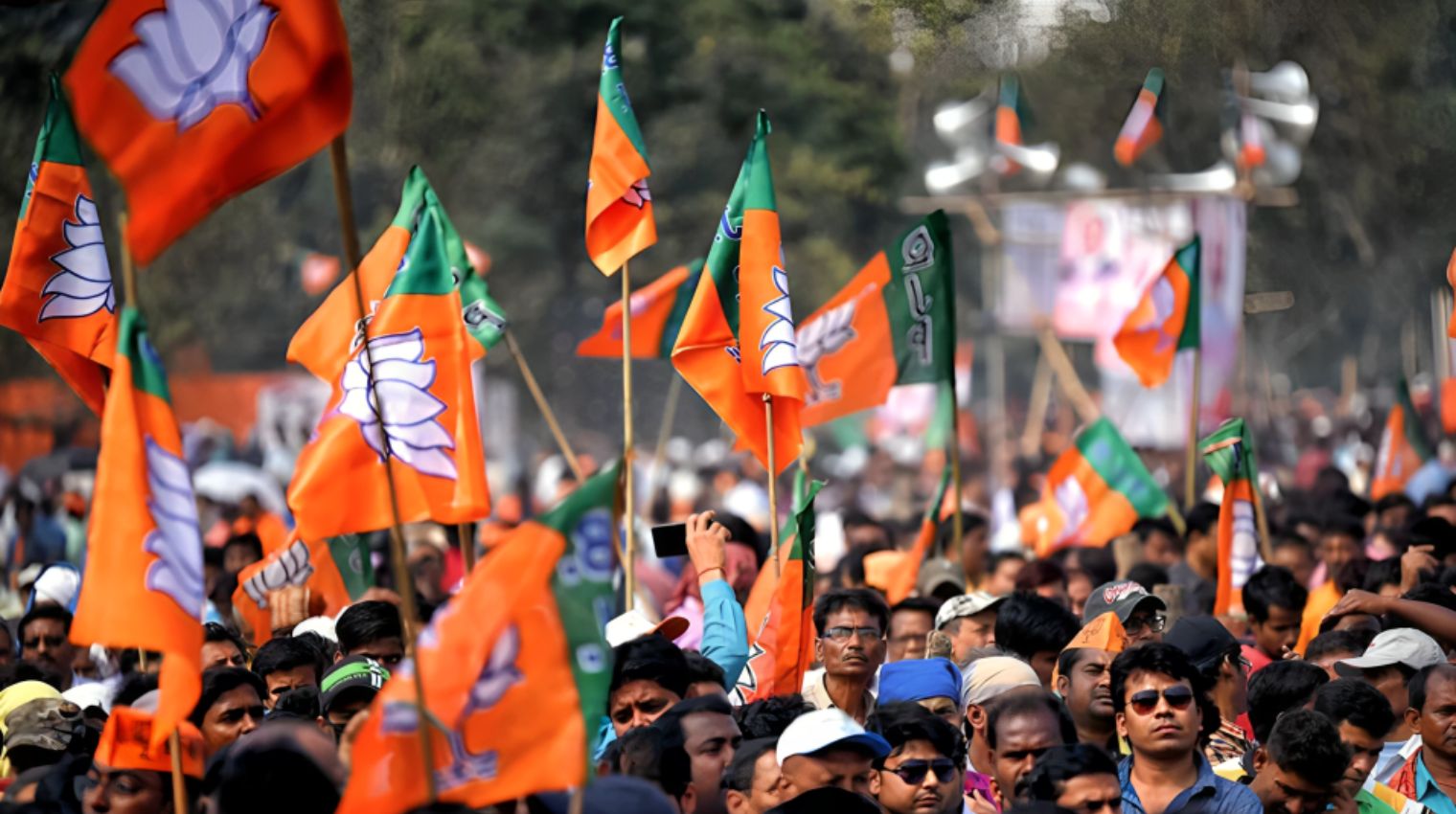More than four years after the ruling Bharatiya Janata Party (BJP) terminated the special status of Indian-administered Kashmir, the party has opted out of participating in this year’s general election in the region.
Political experts and opposition figures suggest that this choice reflects the discontent in Kashmir following the aforementioned decision, as well as the party’s acknowledgment of this sentiment.
Tensions between Kashmir and Delhi have persisted for many years, with an insurgency against Indian governance and subsequent military operations resulting in numerous casualties in the Himalayan region over the past thirty years.

The situation escalated in 2019 when Prime Minister Narendra Modi’s administration nullified a significant portion of Article 370 – a provision in the Indian constitution granting substantial autonomy to the region – and reorganized it into two federally-administered territories: Ladakh, and Jammu and Kashmir.
Furthermore, the government enforced a strict communication blackout and detained hundreds of political figures, including three former chief ministers, for an extended period.
Since then, Mr. Modi and his cabinet members have consistently upheld the decision made in 2019, asserting that it has brought tranquility to the region.
In recent years, local BJP leaders have made significant efforts to broaden their support in Kashmir through door-to-door campaigns. The decision of the party not to nominate any candidates in the current general election, the first since the abrogation of Article 370, has surprised many. The BJP has candidates in two seats in Hindu-majority Jammu, but none in the three seats of the Muslim-majority Kashmir valley. The BJP’s chief spokesperson in Jammu and Kashmir stated that elections are not a priority, emphasizing their main goal is to win the “hearts of the people.” Sunil Seth mentioned, “It took us 75 years to fully integrate Kashmir with the rest of the country, and we don’t want to give the impression that we have done this solely to win seats.” Critics argue that the party leadership understands the challenges of securing victory in the region. Noor Ahmad Baba, a political analyst, notes that while this “achievement” may be well-received in other states, the removal of the special status of the Himalayan region has not been positively received by the local population.

Opposition leaders claim that the BJP is avoiding a potential referendum on its 2019 decision by not contesting the elections in Jammu and Kashmir. According to Omar Abdullah, a former chief minister and member of the National Conference (NC), the BJP is hesitant to fight if people are satisfied with the abrogation of Article 370. The voting is taking place in five phases, with various parties like the NC, PDP, PC, and Jammu and Kashmir Apni Party participating. The BJP has been accused by leaders of the NC and PDP of supporting the PC and Apni Party, labeling them as “proxies”. Despite no formal announcements of an alliance, sources within the BJP have indicated support for parties with strongholds in northern and central Kashmir. This decision has surprised local BJP members who had been actively preparing for the elections since 2019.

